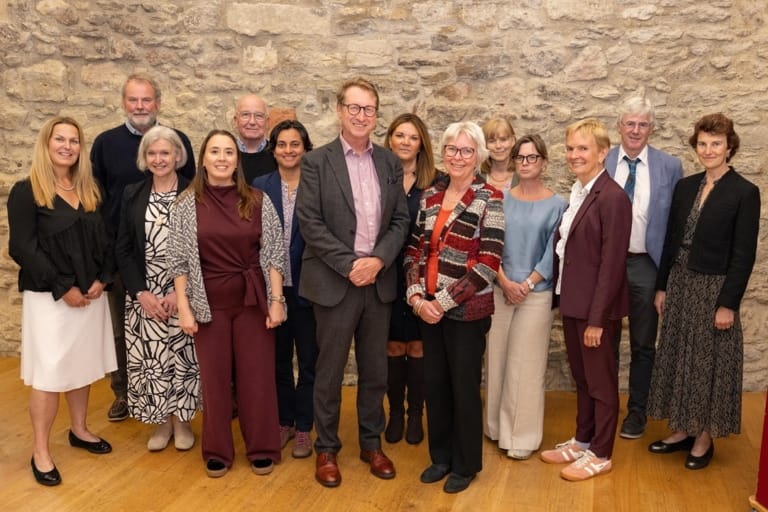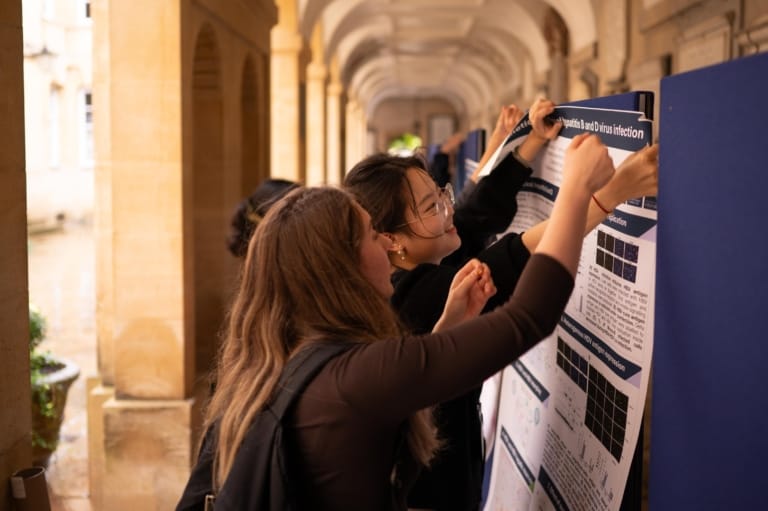We are delighted to announce that the Lister Institute has awarded seven new research fellowships for 2018.
Every year the Lister Institute provides research funding to outstanding early career scientists whose work shows excellent potential to make an impact in the field of biomedical sciences.
In 2018 we have awarded research prizes to researchers from a range of institutions and specialisms. The prize winners are chosen in our competitive, multi-stage application process, with the final winners selected by the Institute’s experienced Scientific Advisory Committee.
So, without further ado, we would like to introduce you to our 2018 prize winners:

Tom is a Senior Lecturer in Neuroscience at the University of Sussex. His laboratory is investigating how neurons create representations of the outside world. This work involves the development of new approaches and equipment to carry out research, as well as the development of scientific knowledge.
The team are also studying the evolution of vision and how visual systems develop and operate in the natural world.
Tom is also a Fellow of the Federation of European Neurosciences and a Co-founding Director of TReND in Africa gUG, a global non-profit organisation that runs educational initiatives and supports higher education facilities in Africa.

Amanda is a lecturer and researcher at the Centre for Trophoblast Research in the University of Cambridge.
Her research is focussed on the aetiology of pregnancy complications and how developmental processes are regulated in a wider context.
Amanda is also a Royal Society Dorothy Hodgkin Research Fellow.

Mark is a Senior Lecturer in Cell Biology at the School of Biochemistry in the University of Bristol.
He is currently researching the molecular mechanisms and signal pathways that control the distribution and dynamics of subcellular components.
His team takes a multi-disciplinary approach to this investigation and is also working to apply the knowledge acquired in the development of new chemical tools that can manipulate these systems.
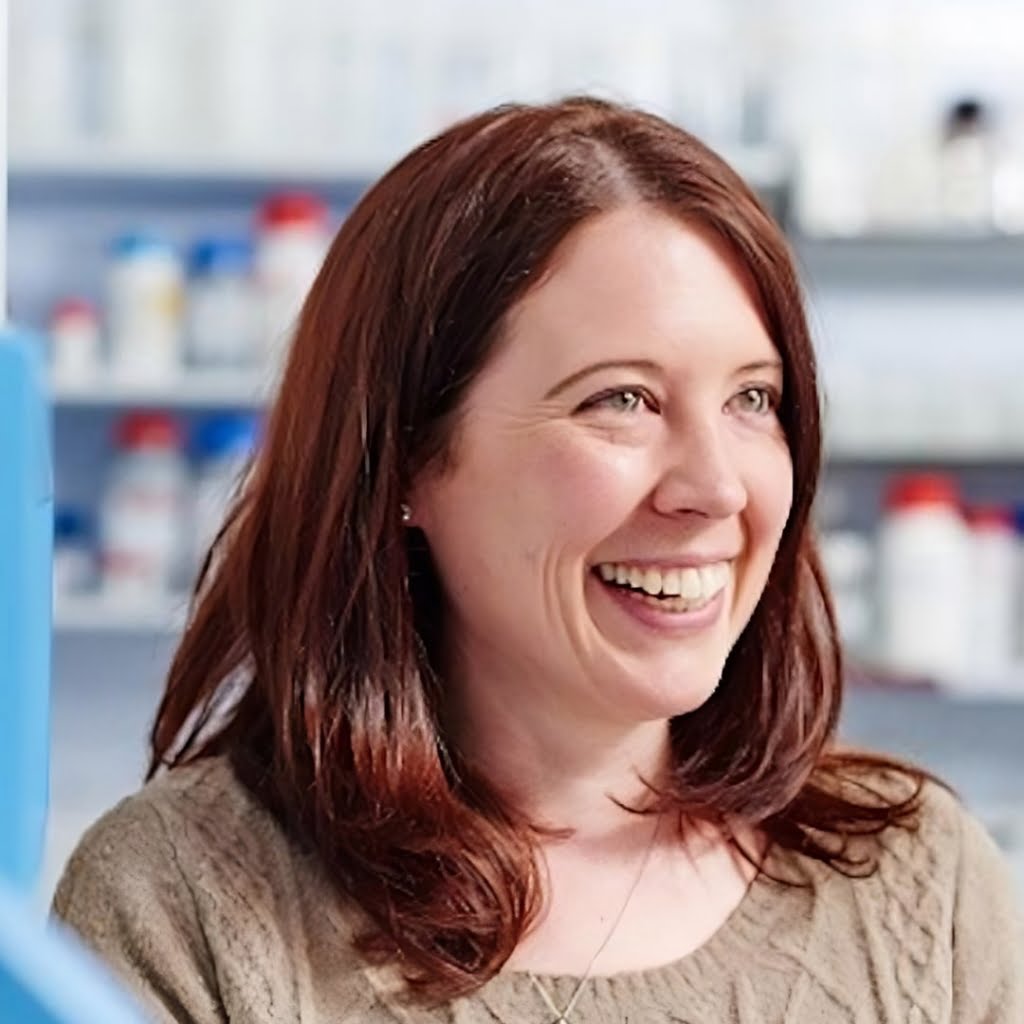
Rebecca is a Sir Henry Dale Research Fellow at the Florey Institute for Host-Pathogen Interactions in the University of Sheffield.
Her work involves the characterisation of nucleotide signalling systems in the Gram-positive pathogen Staphylococcus aureus, a pathogen responsible for a large amount of disease and morbidity worldwide.
Joseph is an IGMM Chancellor’s Fellow at the MRC Human Genetics Unit in the University of Edinburgh.
He runs an independent research group that uses computational methods to study the role of protein complexes in normal biological process and in human disease.
Joseph also works at the University of Edinburgh’s MRC Institute of Genetics & Molecular Medicine, and his postdoctoral research focused on using structural bioinformatic approaches to study protein flexibility and the structure, assembly and evolution of protein complexes.
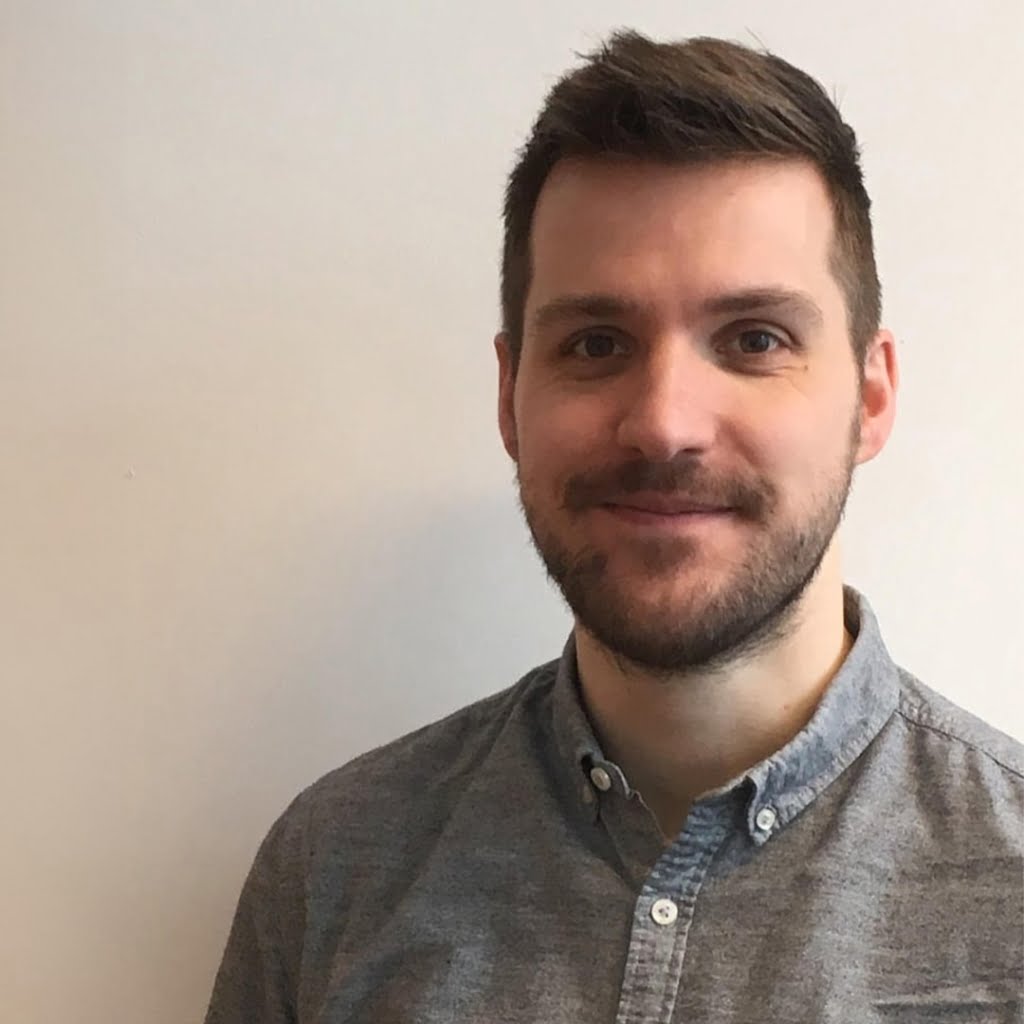
Matthew is a Wellcome Trust and Royal Society Sir Henry Dale Fellow currently carrying out research at the University of Manchester.
His team are studying the innate immune pathways that regulate inflammation at mucosal barrier tissue sites. This work is contributing to the understanding of chronic inflammatory diseases, such as inflammatory bowel disease (IBD) and asthma.
Matthew is attempting to delineate the mechanisms through which the innate immune system acts to maintain tissue homeostasis in healthy individuals, and is using both basic and translational approaches.
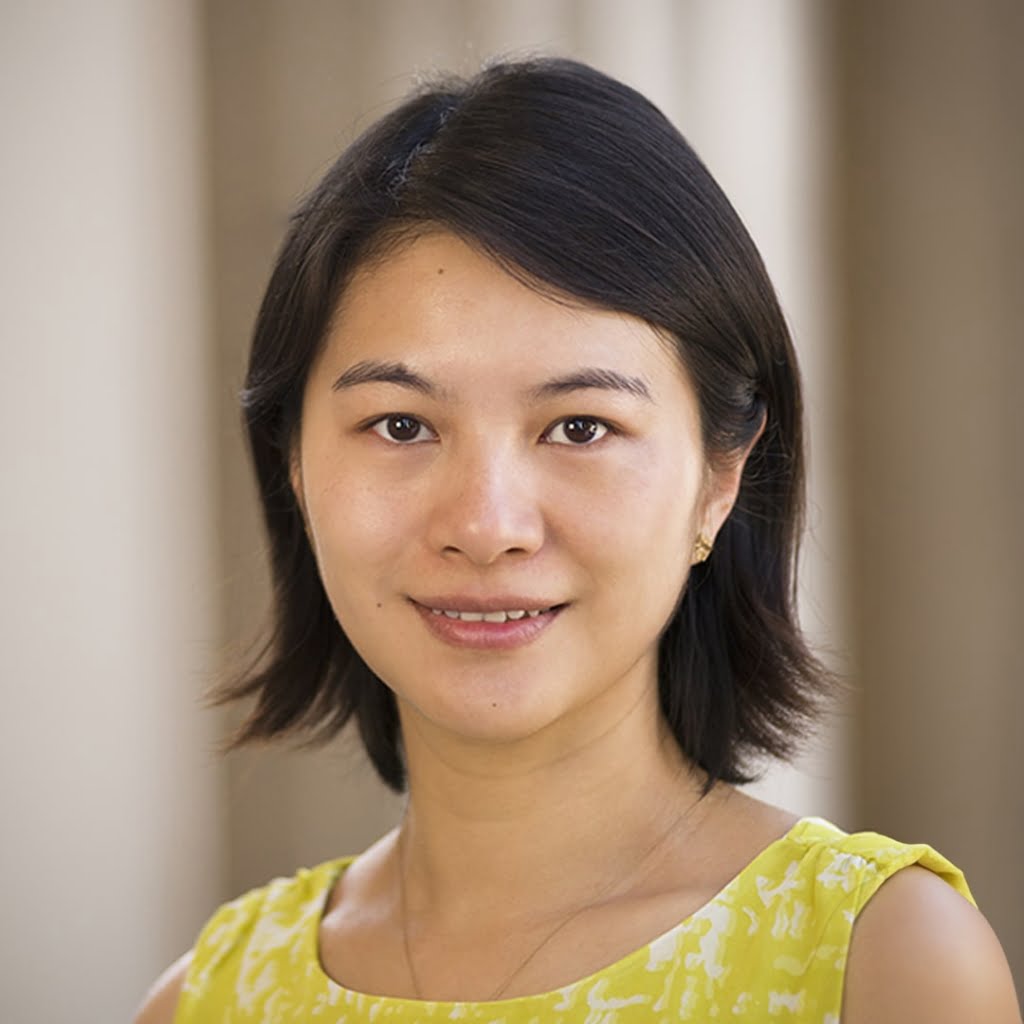
Yanlan is an LMCB Group Leader, UCL Excellence Fellow, and MRC Career Development Fellow at University College London.
Her research team is attempting to understand how tissues achieve their correct size, shape and complex three-dimensional architecture, both during normal development, and during regenerative growth.
The Mao lab takes an interdisciplinary approach to this work, combining a range of imaging techniques, experimental biophysics, engineering and computational modelling.
We are delighted to welcome all of these experienced and talented new Fellows to the Lister Institute and looking forward to supporting their important work moving forwards.

